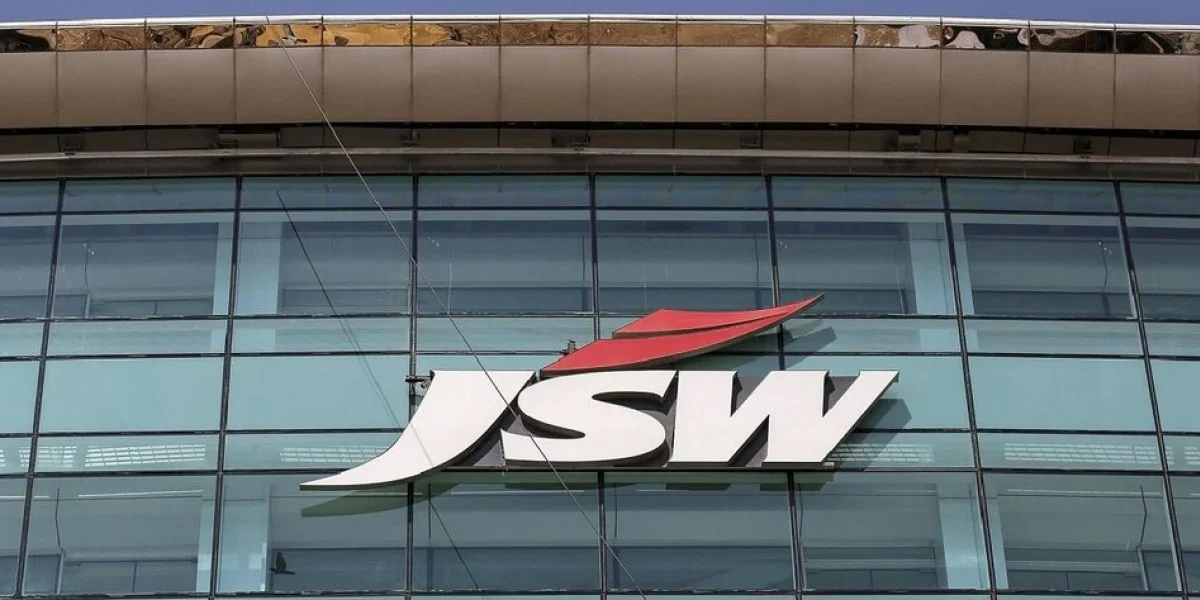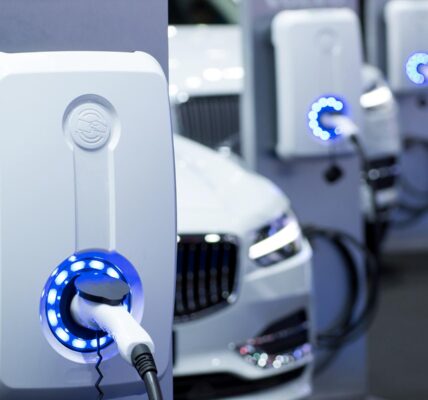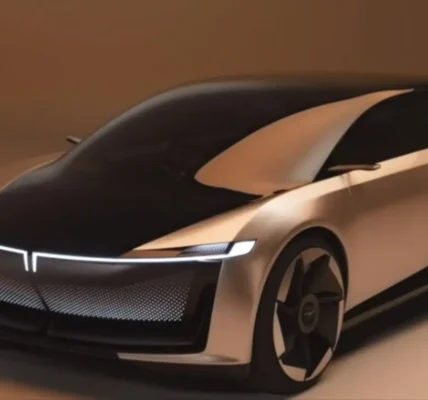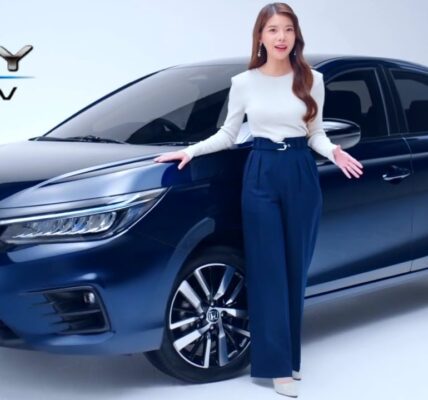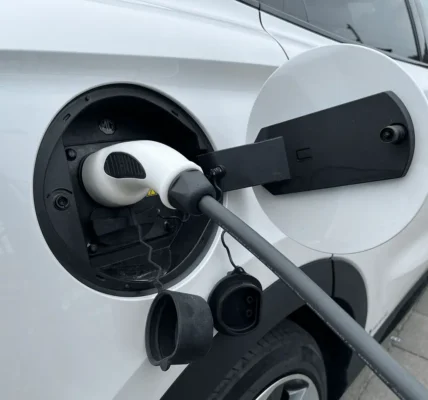Singapore-based market analyst Canalys’ data says that the sales of EVs in India jumped 137 per cent to 48,000 units in HICY23 as compared to H1CY22. Sajjan Jindal-led JSW Group is planning to enter India’s competitive EV landscape by launching an electric car in the Rs 15–20 lakh price range.
With 34,000 electric vehicles during the first half of 2023, Tata Motors has captured a 72 per cent share in the EV market on the back of successful models like Tiago, Nexon and Tigor models. Tata has already announced its plans to introduce four more EVs by 2024. By entering the Indian market, JSW’s new EV will directly take on the Tata Nexon EV Max whose base model starts at Rs 16.49 lakh and the Mahindra XUV400 available at a starting price of Rs 15.99 lakh. While French carmaker Citroen eC3 sells for Rs 11.50 lakh starting price.
India’s second largest EV player, MG Motor, which has a share of 10.8 per cent, followed by Mahindra at 9 per cent have aggressive plans to scale up in the market. MG Motor plans to build a second factory to make EVs, with an investment of $607 million to increase its combined production output to nearly 300,000 cars a year. It is also constructing a battery assembly unit in Gujarat. Its
MG ZS EV sells for Rs 23.38 lakh while the recently-launched MG Comet EV is available for Rs 7.98 lakh onwards.
Other international players like Hyundai, Volkswagen and Tesla are also looking to expand in the Indian market and are scaling up rapidly. Hyundai Motor India—that sells the Ioniq 5 for Rs 45.95 lakh and Kona Electric for Rs 23.84 lakh onwards—is planning to invest Rs 200 billion into an electric vehicle ecosystem in Tamil Nadu including setting up a battery pack assembly with an annual capacity of 178,000 units, installing 100 charging stations on major highways and introducing new electric models by 2032. Volkswagen, on the other hand, is planning to electrify 30 per cent of its passenger vehicle line-up in India by the end of this decade and is expected to launch its first electric car, the ID.4 by the next year.
Elon Musk-led Tesla—after a lot of back and forth—visited India a few weeks back to discuss the possible local sourcing of components, car and battery manufacturing incentives, setting up of a factory to locally manufacture EV batteries, etc. They are also looking to diversify Tesla’s supply chain beyond China.
Indian EV market that currently occupies 2.4 per cent of the total Indian automobile market is ripe for JSW’s entry. In January 2023, it was reported that JSW group is looking to enter the manufacturing of electric vehicles in India. Jindal had first planned to enter the EV segment via his listed entity JSW Energy in 2017, but the plan was shelved within two years after some shareholders objected to it. The company is also in talks with MG Motor to acquire stake in the Chinese firm.

